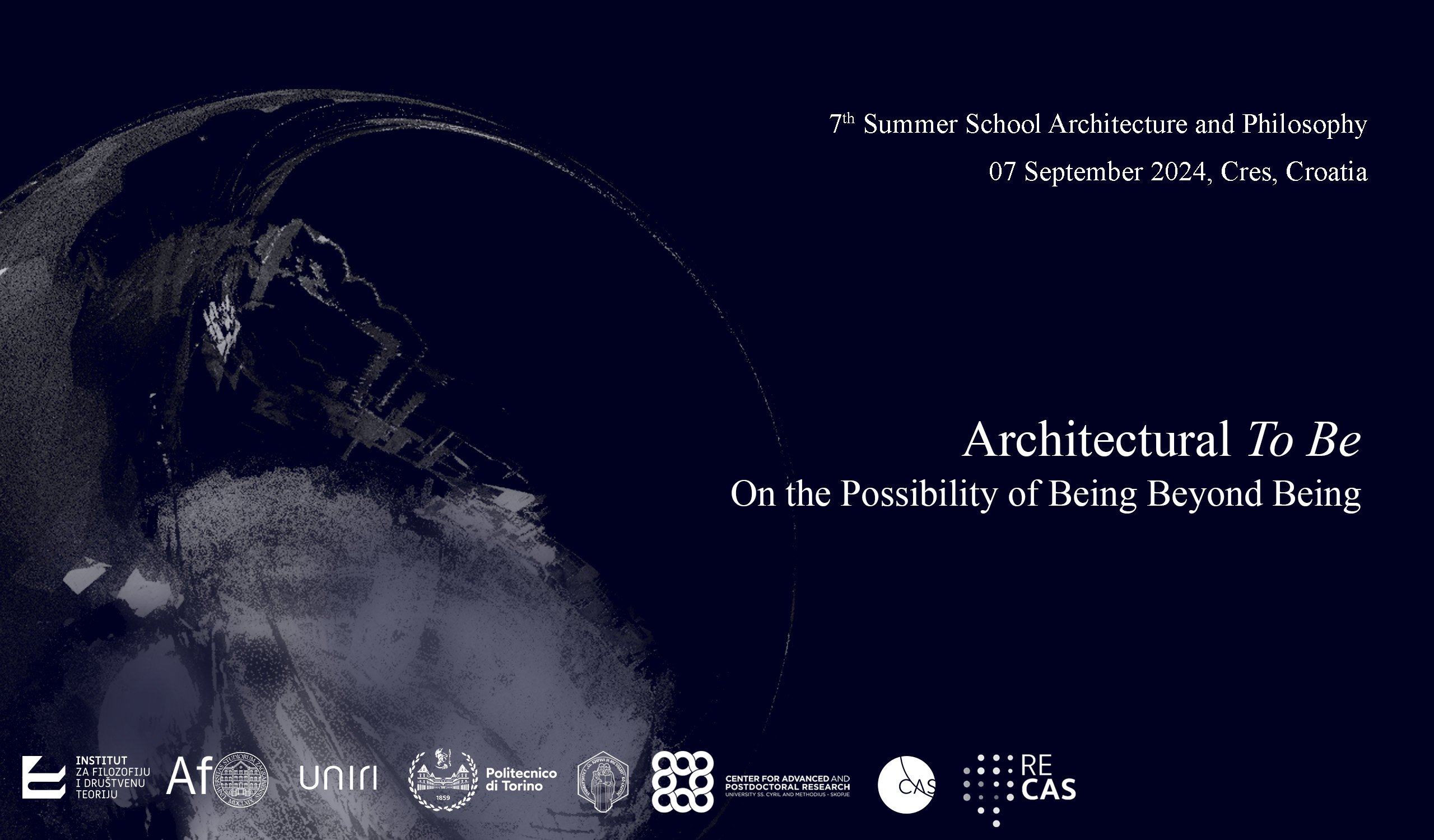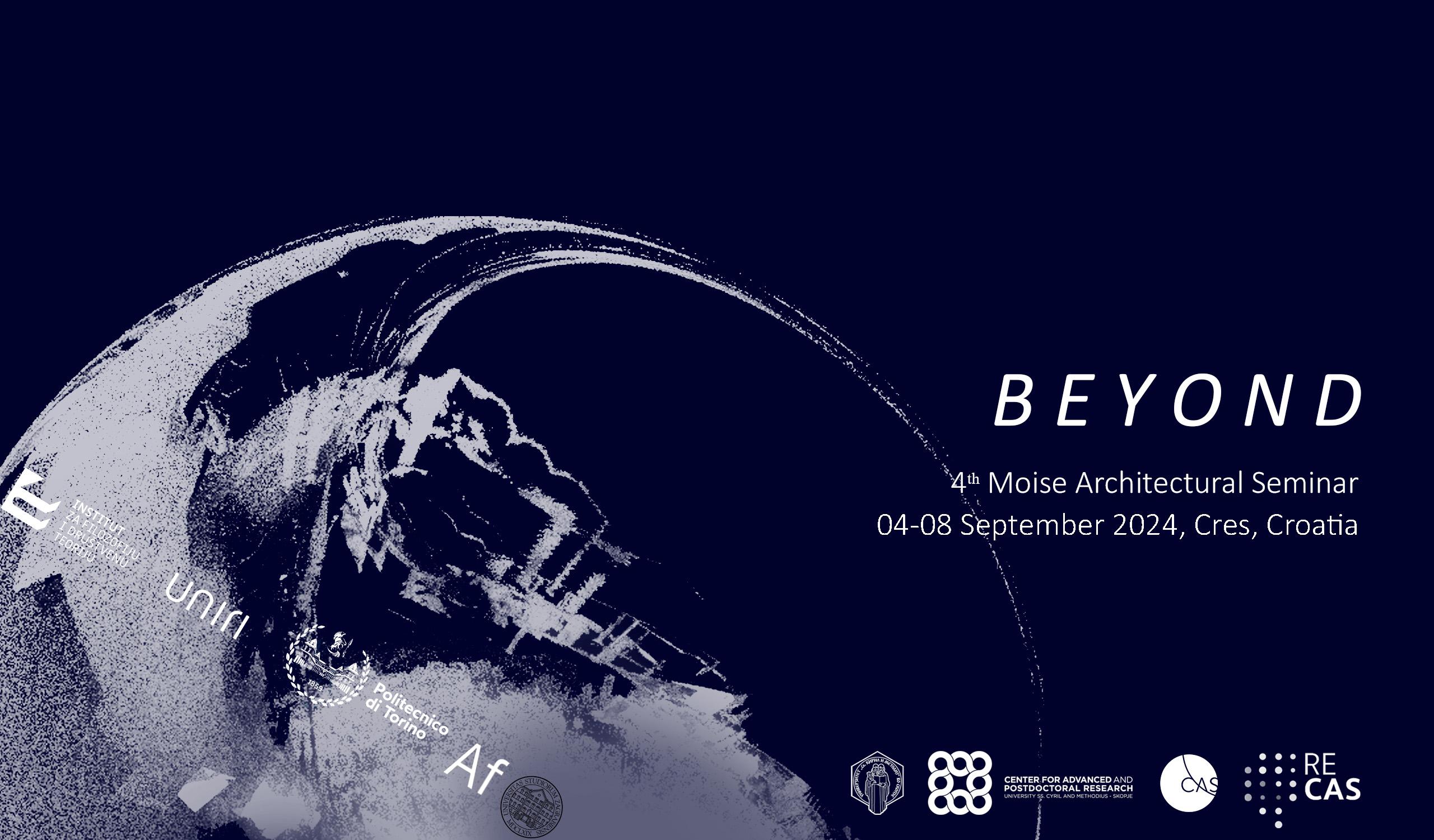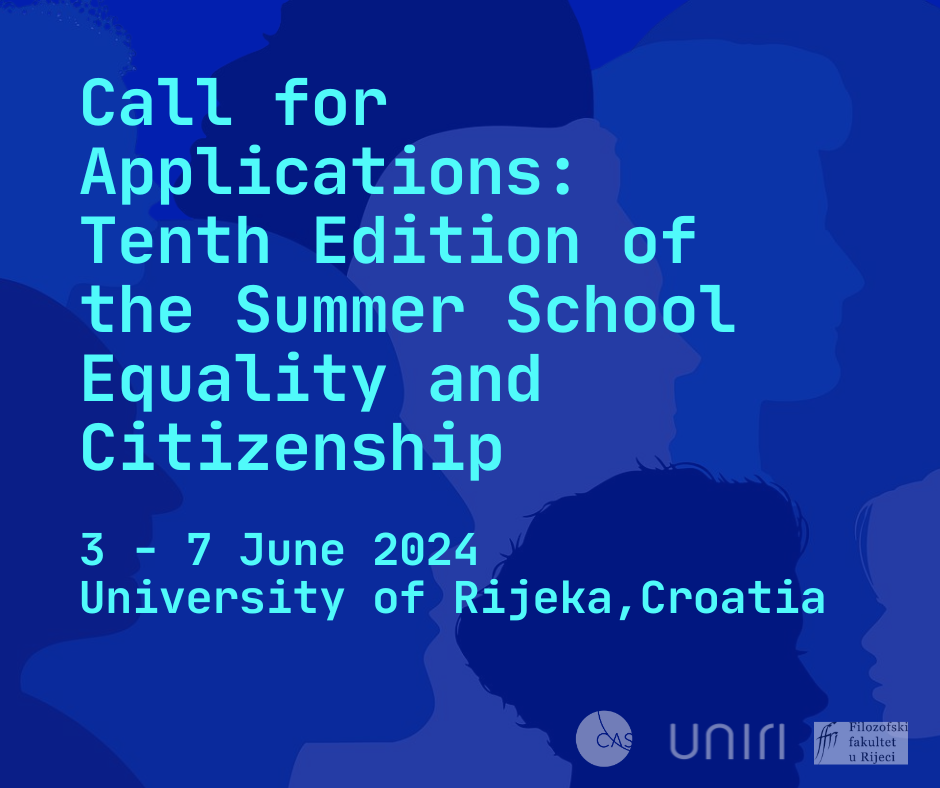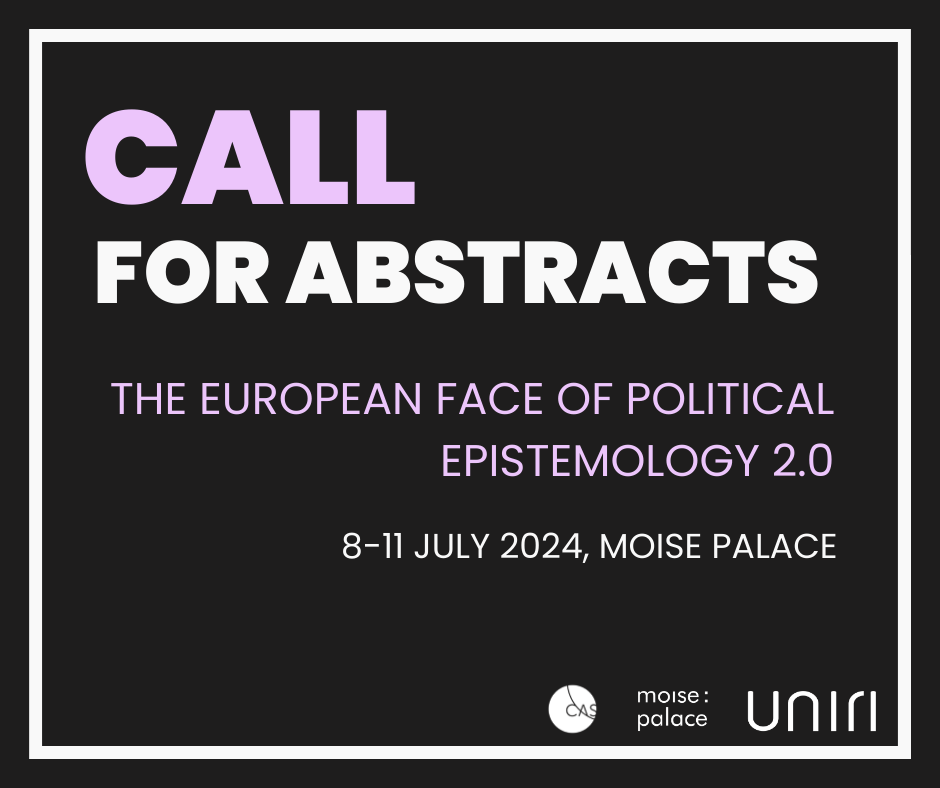The «Philosophy and Architecture: Inequality in the City» course took place at the IUC in Dubrovnik and engaged its participants in topics related to the political and urban implications of social injustice in cities from the 19th to the 24th of September. Almost thirty participants from eight countries contributed to the course by providing culturally specific and well-researched insights into the many dimensions of social stratification.
The course was lead by three renowned lecturers. The visitors Jo Wolff, the current Blavatnik Chair in Public Policy at the Blavatnik School of Government at Oxford University, and Avner de Shalit, the Max Kampelman Professor of Democracy and Human Rights at the Hebrew University of Jerusalem. Elaborating issues related to their latest joint project, Disadvantage (2007.), Wolff and de Shalit presented the participants with a deeply humanistic, practical, analytical and minutely precise study of the policies necessary to appropriately address poverty and inequality in urban environments. They lead the course along Snježana Prijić-Samaržija, the Vice rector at the University of Rijeka and the director of the CAS SEE initiative. Prijić-Samaržija presented a continuation of her enticing work on the philosophical notions of proper governance, smart cities and the epistemological implications of social injustice.
True to its title, the course strived to connect and unify political philosophy and architecture in a way completely unlike previous notions of philosophy of architecture. The participants came from diverse academic backgrounds, ranging from university professors and exchange students to practicing architects and political theorists. By combining the theoretical groundwork provided by fields such as social epistemology and political philosophy with the architects’ empirical experience, the course provided an all-inclusive and informative vision of the developmental potential of cities. While the philosophers elaborated the ethical, political and epistemological dimensions of poverty, social credibility, work and leisure, migrations, inclusiveness, gender equality and governing, the participating architects and cultural theorists presented a starting image of the way political misbalance and social trends manifest themselves in spatial aesthetic identity.
Marking the beginning of a highly promising future collaboration, the course is to be followed by a series of similarly conceived conferences pertaining to both philosophy and architecture. In order to insure equal representation, philosophers and architects will replace each others as course leaders every two years, allowing them to place focus on topics of particular interest. Such collaboration has given way to more profound recognition of an interdisciplinary approach to civic engagement, urban reinvention and socio-political justice and stability. Philosophy and architecture have proven to complement each other with a balance of the intellectual and the practical, enriching all the students and lecturers with the ability to consciously analyse the structure of life in cities. Thus, all the participants have managed to emerge from the course in many ways more human than they had been upon entering. Combining theory and practice allowed for a melding of values and the participants enabled others to view social issues from completely new perspectives.
The “Philosophy and Architecture” course has shown potential to further develop the agenda of the Rijeka ECOC 2020 project and particularly its flagship, “Sweet and Salt”. The ECOC creative team can greatly benefit from treating the urban development or degeneration presented throughout the course as a welcome lesson on the nature of the policies necessary to define Rijeka as a progressive city capable of rational reinvention.








